Humidity and Skin Health: How Are They Related?
- Jay Bual
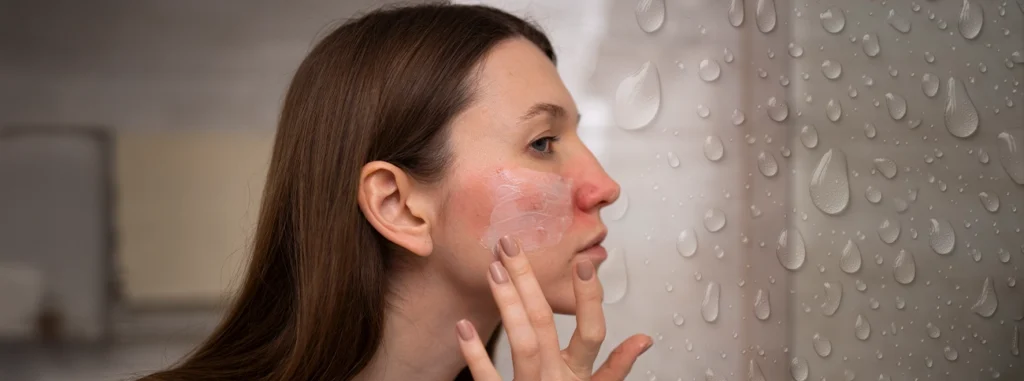
There are many factors that go into skin health. There’s genetics, diet, lifestyle, and the products we use to pamper and nourish our skin.
But it’s important to keep in mind that the environment also has a direct impact on how our skin looks and feels. Pollution and UV radiation are major environmental factors that affect skin health. But there’s also another that’s often overlooked: humidity.

Humidity and Skin Hydration
Have you noticed how your skin feels dry and tight during winter?
That’s because humidity tends to be low in cold climates. There’s less moisture in the air and the temperature is low, dehydrating your skin.
Conversely, humidity is usually high in summer. The abundance of water vapor, along with high temperatures, makes the skin feel sticky.
These things happen because relative humidity, or the air’s capacity to hold water vapor changes along with the weather. When it’s hot, air can hold more water vapor; and when it’s cold, relative humidity drops along with the temperature.
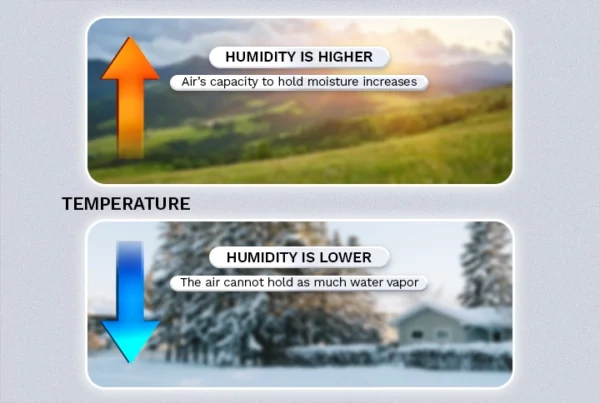
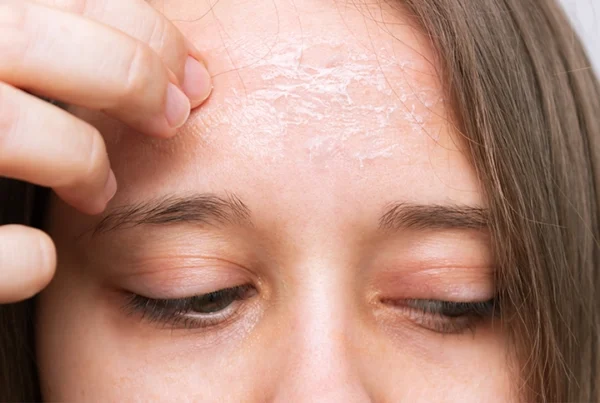
Low Humidity Dries Skin
When humidity is low, the cold air draws out moisture from the epidermis, drying out the skin’s outermost layer.
This explains the flaking that happens when we’re outside in the cold for long periods. Dehydrated skin also feels tight and itchy: a risky combination that, in worst-case scenarios, can lead to bleeding and infection.
People with dry skin (not to be confused with dehydrated skin; dry skin is a genetic quality in which the skin produces little lipids or natural oil) are more vulnerable in winter because of this.
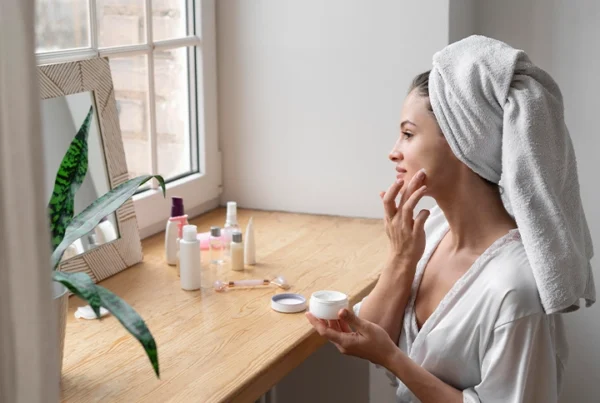
High Humidity Hydrates Skin
On the flip side, our skin feels sticky when humidity is high. This is because the body releases sweat to cool itself naturally on warm days.
However, since humidity is also usually high when the weather’s hot, there’s usually so much moisture in the air that our sweat doesn’t evaporate as quickly as it should.
This natural cooling process of sweat evaporating is called trans-epidermal water loss (TEWL). When humidity is high, TEWL slows and sweat just sits on our skin, making it moist and clammy. Skin stays hydrated, but we feel uncomfortable and in dire need of a bath in the process.

The Negative Effects of Humidity on Skin
If discomfort is the worst that can happen to us when our skin becomes dry or sticky due to humidity, then this article wouldn’t have to be written. But as it stands, humidity also has negative effects on skin health.
| Skin | Characteristics |
| Dehydrated due to low humidity |
|
| Moist due to high humidity |
|
Depending on people’s sensitivity, skin type, and whether they have existing skin conditions, humidity can also exacerbate acne, fungal infections, eczema, and psoriasis.
For instance, people with eczema sweat more on humid days, resulting in pH imbalance on the skin. When the sweat dries, it leaves salt and other substances behind, further irritating their skin. Low humidity isn’t any better because it strips the skin of its natural moisture and damages the skin barrier, causing itchiness and flare-ups.
People with psoriasis can have similar reactions when humidity goes beyond normal range.
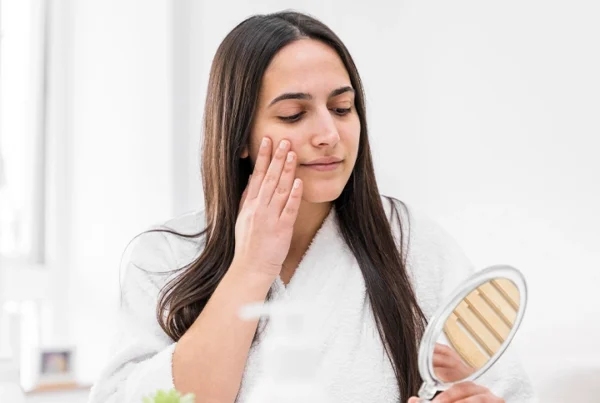
Regulating Humidity Is Good for the Skin
Having established the link between humidity and skin health, it is clear that regulating humidity is advantageous for people who are particularly sensitive to environmental factors and whose skin flare-ups tend to be extreme. The most effective way of regulating humidity indoors is to use a humidifier and a dehumidifier.- Humidifier – A must-have for places that often experience low humidity. It releases steam (which may be scented) to increase the moisture content in an enclosed space.
- Dehumidifier – A robust appliance that draws excess moisture from the air, releasing fresher air inside an enclosed space. Premium dehumidifiers may have additional features like high-quality air filters, timers, and ionizers.
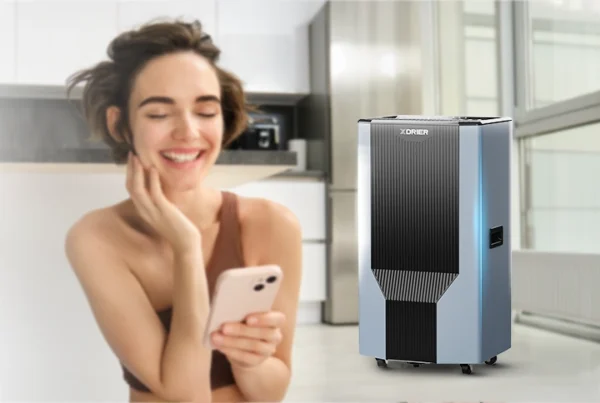
XDRIER: The Choice Dehumidifier for Households
You don’t have to look far for a dehumidifier for your home.
XDRIER is built to perform exceptionally in residential and commercial spaces. It is the ideal dehumidifier with its polished, sophisticated appearance.
You can let it stand prominently on plain sight or in a more discreet position next to your furniture. Either way, the XDRIER won’t be an eyesore for you or your guests.
But the best reason for buying an XDRIER is its top-notch performance and features. It has a built-in ionizer that works, in tandem with MERV-1 filters to purify indoor air in addition to regulating its moisture content. It also has a humidity detector and LED light indicator that shows, via color coding, if a room’s humidity is low, normal, or high.
Lastly, the XDRIER is energy-efficient, operating at peak capacity without consuming excessive energy and driving up electricity bills.
Buying a dehumidifier helps ensure your comfort. More importantly, it ensures that the air and humidity in your home don’t result in skin problems or cause existing conditions like eczema and psoriasis to get worse.
Check out XDRIER today. Shop now.
